The way we work evolves constantly. As technology has liberated us from having to go to a fixed workplace, we employees are behaving more like demanding customers, getting choosier about where we want to work.

To stay competitive, organisations have to attract and energise talent in different ways, increasingly changing the focus of space from efficiency and specification to engagement and customer experience.
In the past, employers haven’t focused on employee satisfaction and wellbeing, but increasingly they are realising that it makes business sense to do so. A recent Gallup report showed that 70% of workers are disengaged at work, and if you consider that 90% of companies’ operating costs are spent on people, even a small gain in productivity and engagement makes financial sense.
As a result, developers are now placing much greater importance on social space. Successful co-working operators such as The Office Group are creating communities by facilitating serendipitous encounters that support the evolution of their customers’ business.
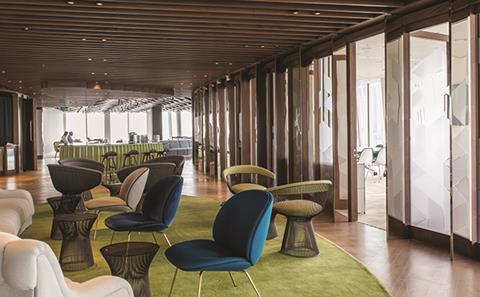
As opposed to the prescriptive, traditional approach to workplace design, the workplace today needs to provide people with a choice of environments to support different functions - places in which to come together and socialise, but also places in which to disconnect, to focus and recharge. An environment that enhances wellbeing throughout, with design to encourage movement, improved air quality and lighting to help people to do their best work and generate profit.
90% of companies’ operating costs are spent on people, so even a small gain in productivity and engagement makes financial sense
Large innovative corporates led the way by providing amenities and curating experiences to bring people together within their HQs. But these priorities apply across industry, not just to creative firms.
Legal firms, for example, often have a situation whereby half the partners want to innovate and the other half feel that they are doing just fine in their traditional spaces - yet they depend on attracting talent to succeed.
Cultural transition
Developments that provide shared amenities and community spaces can support the necessary cultural transition.
The impact of these changing priorities on large-scale commercial development is significant. I’m currently working with the developers of 22 Bishopsgate, where we will be providing over 100,000 sq ft of community space, curated with activities and events, to enhance people’s work experience and create a constant stream of activity - a stimulating community for the new social way of doing business.
It is clear that the way in which we value space has shifted from focusing on the hardware - the technical specifications of a building; to the software - the cultural and social value space creates.
























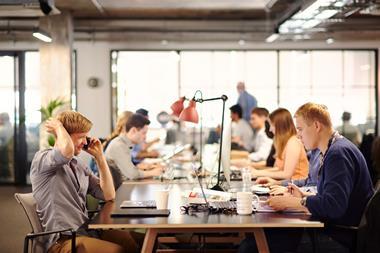
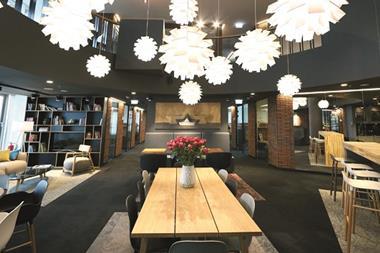
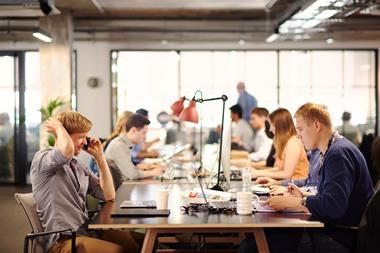

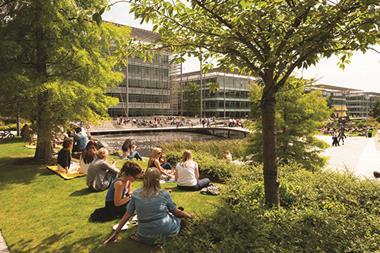

No comments yet